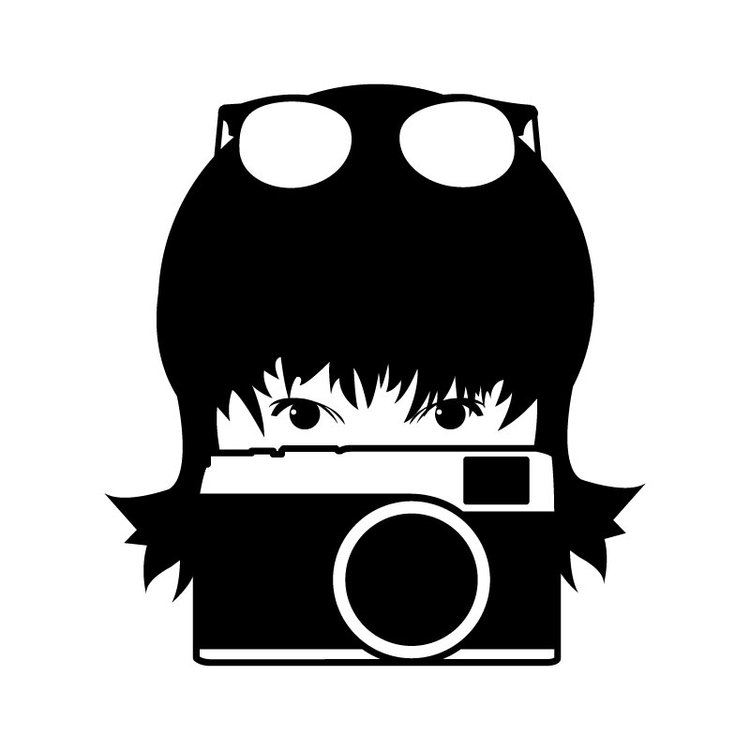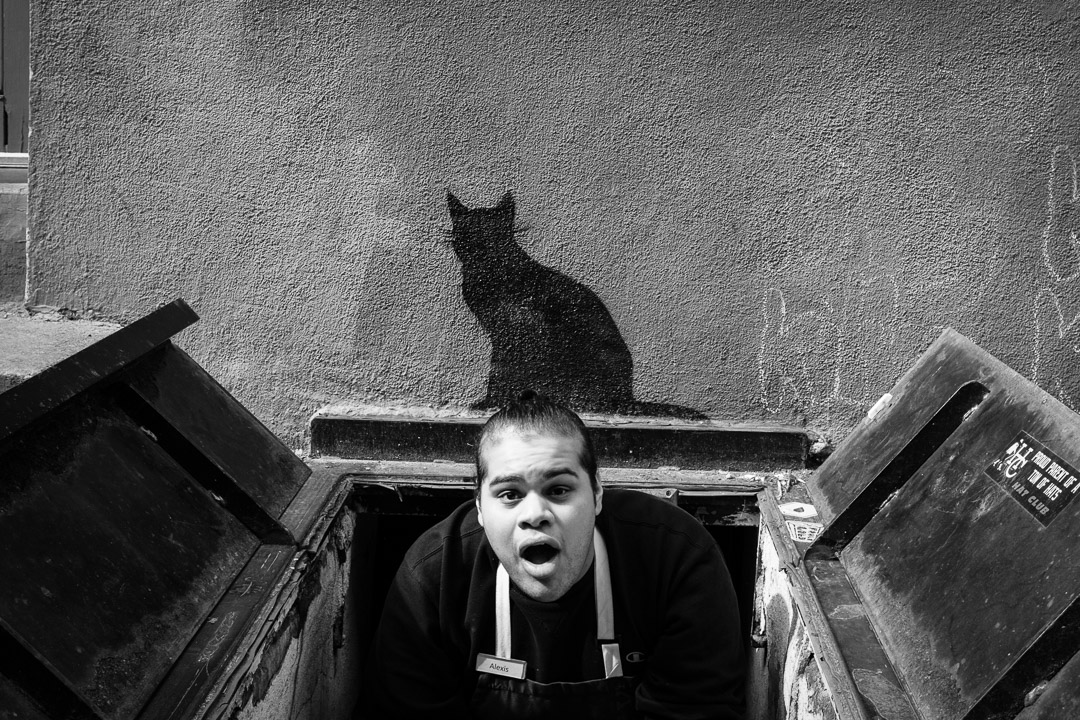Bonjour! I decided to restart the Q&A blog posts. I put them on hold for a long time because of my Street Focus podcast. I answer listener questions in a monthly Q&A segment and thought that redundancy would not make much sense. I'll try to answer different questions here, but they may cross over on occasion as well. I was also busy writing my first street photography ebook :)
So this week, I want to talk about sunbursts!
Recently someone commented on one of my silhouette pics by asking if I used a sunburst filter. I must admit that, being somewhat of a gear minimalist, I had never even heard of a sunburst filter and wondered why anyone would use one when you can achieve sunbursts without a filter. So I investigated further... There are indeed such things are Star Effect Filters that you can put in front of your lens. They even come in 4 point or 6 point options.
But why? First, a sunburst is quite easy to achieve without the added expense of a filter by simply setting your camera to a small aperture (big number ;) ideally start at f/16). And, wouldn't the use of a filter reduce the quality of the lens?
Does a star effect filter make the sunburst more 'perfect'? Again... Why? Is perfection so important that we need to alter everything to try to achieve it? Are we even wired to respond to perfection? Or rather, aren't we more likely to respond emotionally to imperfections. As a street photographer, I certainly don't look for perfection. I photograph everyday life, it's raw, it's not perfect and it's often those imperfections that make the photograph special.
Okay, but people buy those filters so they must be really awesome. I looked further and saw one great example where such a filter would be very useful: Night street photography. I can definitely see its use to create a star effect on street lights.
I usually try to capture a sunburst when I shoot a silhouette. It's an added challenge and it looks cool. I really never even paid attention whether it has 4, 6 or more points... For one thing, the sunburst is never the subject of my photograph. I look at it as an added bonus that makes a good shot a little bit more interesting.
As I was doing a Google search on the filters, I stumbled upon many tutorials on how to add a sunburst to an image that doesn't have one in the first place... Yikes! Don't even get me started... Call me a purist if you wish. I find it much more fun and challenging (and so much faster) to capture it in camera than spend my precious time making one up in PS. But hey, post processing is an art and I know many amazing photographers who enjoy that part of the craft and do it very well. I admire their PS skills, I'm in awe with what they can do with the tools. But it's just not for me, and that's probably one of the reasons why street photography and I are such good friends.
Conclusion: Maybe my first reaction towards using such filters was a bit strong, they are just another way to create 'in camera', no different than using a creative focus lens or even a toy camera. It's all good, especially if it makes the photographer go out with his/her camera more and make pictures! I may just have to try a star effect filter some day :)
Here are a few of my sunburst pics, they are 'au naturel', no filter or PS magic applied.






